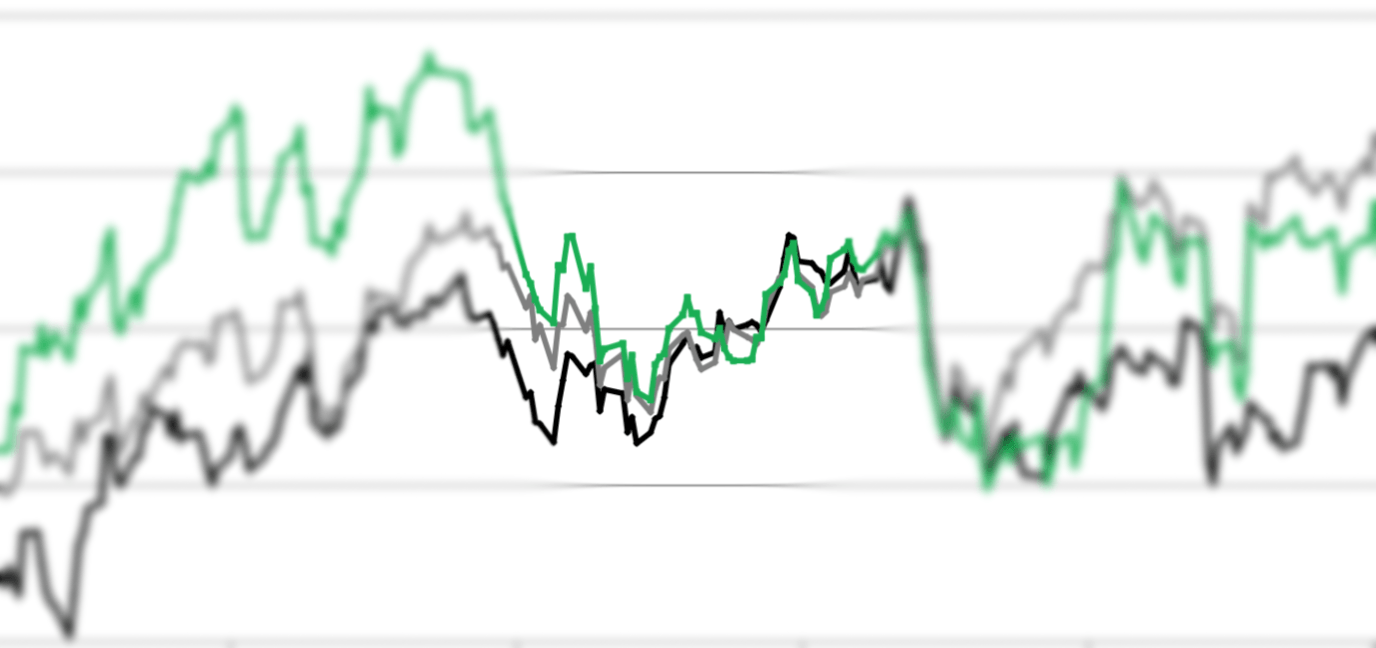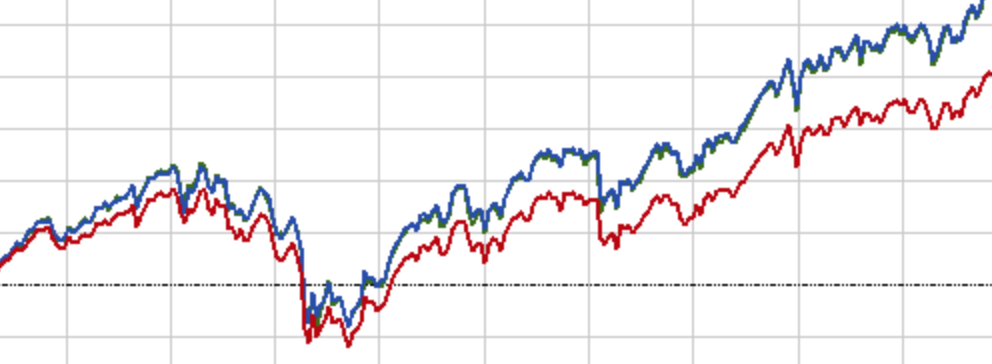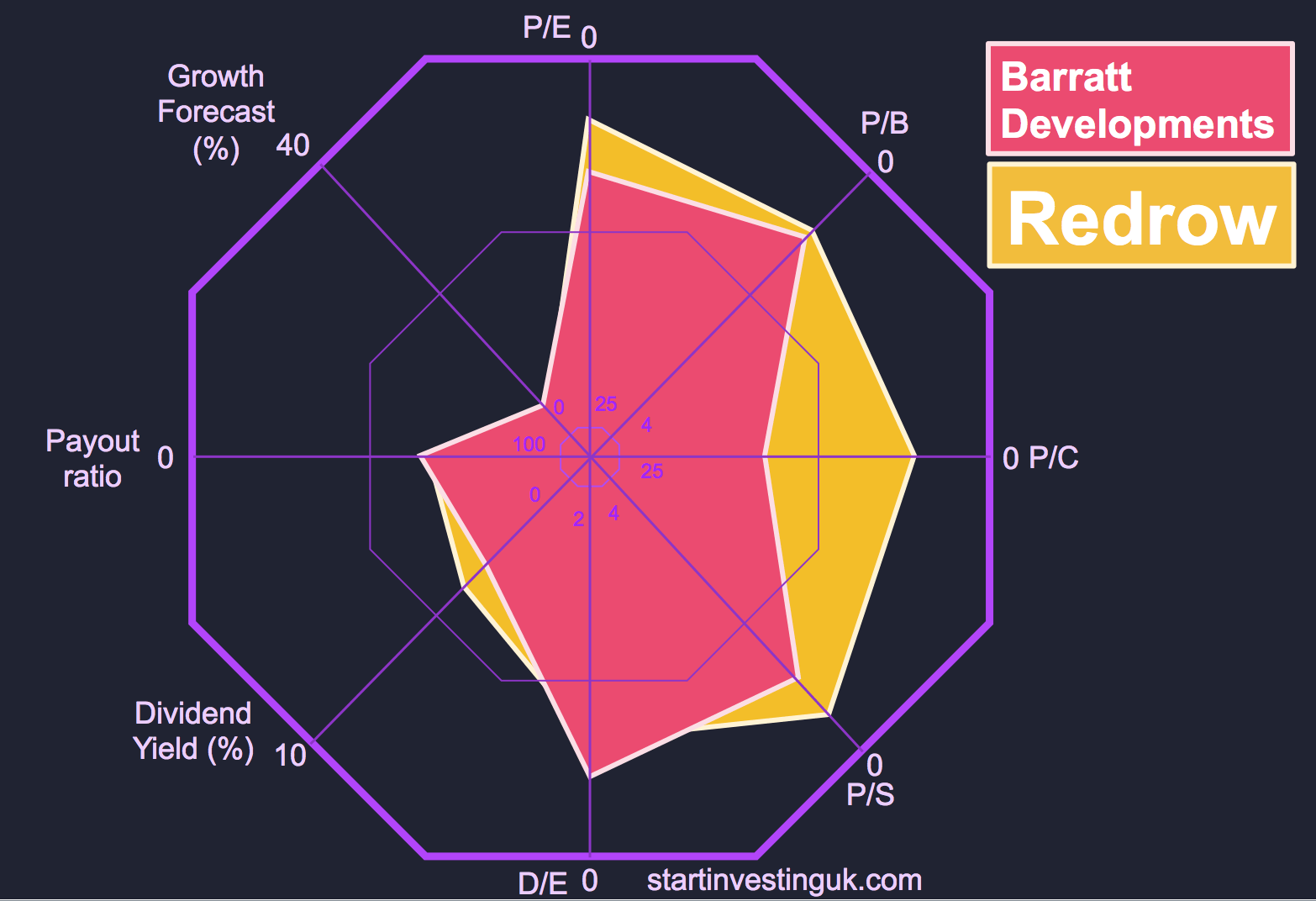Individual Stocks vs ETFs – Which is the better option for young investors?
An ETF is an ‘Exchange Traded Fund’ and it is supposed to act like a tracker for various bundles of stocks. For example there are ETFs that track the FTSE 100 and S and P 500 as well as a host of others. Some ETFs are real; in that when you buy the fund you are buying real shares in the companies listed. Some are synthetic, where the fund is basically an agreement between the fund provider and an investment bank. This provides cheap access to markets that may be difficult to access for the average investor but it does mean that if the bank cannot pay, the shareholder could be exposed.
The ETF has been hailed as the solution for the passive investor by many Internet forums, you have probably seen this sentiment repeated many times online:
“Buy the S and P 500 ETF, set and forget, don’t even try to beat the market because it’s impossible for the average investor.”
On the face of it they certainly have a point. ETFs are low cost; the Vanguard FTSE 100 charges 0.09% per year plus a similarly small charge for holding your account with them. They don’t just have trackers for the whole market either; they have funds for growth, dividends, international, small cap and many more. They also have the backing of two investing heavyweights, Buffett and Graham, who both advocated that passive investors could beat the vast majority of actively managed funds by investing in ETFs.
“My advice to the trustee couldn’t be more simple: Put 10% of the cash in short-term government bonds and 90% in a very low-cost S&P 500 index fund. I believe the trust’s long-term results from this policy will be superior to those attained by most investors who employ high-fee managers.” - From Warren Buffett's annual letter to shareholders, Feb 28th, 2014.
Not only that, Warren even made a $1 Million bet against hedge fund managers Protégé Partners, that over a 10 year period an index fund would outperform a collection of hedge funds. He won the bet in 2017. There are a few issues with this style of investment though, illustrated by the fact that Buffett himself does not invest in ETFs.
There is an assumption that Investing in ETFs requires no real knowledge of the market, this is not true; a passive investor can still make unwise decisions when the market suffers a downturn or bear market. The set and forget approach works in theory, but when a passive investor who doesn’t understand market cycles sees their portfolio drop by 10%, they might be tempted to sell their stake and make a loss. A long term mindset with a firm belief in a system is still imperative to make good returns. Investing in individual securities forces the investor (or should force them) to learn about the market as a whole and develop their own systems. Some might argue that the average investor in individual stocks would have the same temptation to sell in bear markets, which may be true, but the examination and purchase of individual stocks should drive home at least one key point; you are investing a real company. The investment in funds adds another layer of complexity between the investor and the business, after all it is still the business that makes the money even in an ETF. Often ETFs have hundreds of businesses within them, so in asking: ‘Which is the best fund to buy in order to make money?’ Y ou may also ask: ‘Which is the best supermarket to shop at in order to make a lasagne?' It is not possible for the average investor to value a fund accurately with any confidence, so we rely on massive diversification.
We know there are success stories of investors who have become wildly rich by investing in individual stocks. Are there the same success stories with funds? If you have a look around you will find a lot of millionaires who invest in ETFs but not a lot of people who invest in ETFs who have become millionaires. The reason? The market has averaged between 6-9% per year over the last decade depending on the country, so even when investing £500 per month at 9% it takes 31 years to make your first million. The invention of the widely available, online ETF is a fairly recent one, so recent that the mass of investors who have pumped in $50 billion into Vanguard’s ETFs in 2017 alone, may not have had time to see their wealth compound.
The brevity of the widely available EFT is also a concern. Don’t forget that within real ETFs, real company’s shares are being purchased and not necessarily on merit. Do investors know that when they purchase the S and P 500 that they’re buying already inflated Amazon shares at a price to earnings of over 130? Eventually we might see ‘ETF bubbles’ forming where share prices go up irrespective of poor business performance.
A real positive for ETFs is the ability to access foreign markets without having to deal with currency conversions or double taxation. The USA economy has been a juggernaut for the last century and is home to the biggest companies in the world, being able to take advantage of that from the UK with less than a 1% fee is undoubtedly an exciting prospect.
What about dividends? Most ETFs will pay a dividend, the Vanguard S and P dividend yield is 1.9% and the FTSE 100 is just over 4%, which is the average yield of all of the stocks within the index.
From a personal perspective, investing in ETFs doesn’t lend itself well to a value investor’s principals. It is difficult to determine whether funds are undervalued, whether their prospects are good, whether they have a durable competitive advantage and so on. Furthermore, ETFs mean diversification ad nauseam, which means matching market returns at best. Even beating the market by a few per-cent per year can have a huge effect on compounding interest; have a play around with a compound interest calculator and try 9% annual return versus 13-15%. There are those out there who beat the market every year and have been doing it for decades. It is possible! Buffett and Graham may advocate the use of funds for passive investors but they do not use them. The point they are making is that low cost funds usually outperform actively managed funds due to the massive cuts taken by the fund managers. Both Buffett and Graham made their fortunes beating the market in individual stocks using value investing techniques. Matt and I aim to beat the market every year with our monthly stock picks and have done consistently in 2018. You can follow our picks here for free. We release our picks at the beginning of every month; all you need to do is sign up to our mailing list.
You can follow our real money portfolio here for free, we email you our stock pick on the first day of each month.
For more ' stocks and sharing' - sign up to our mailing list or check out the rest of our blog.
Thanks for reading!
Joe











